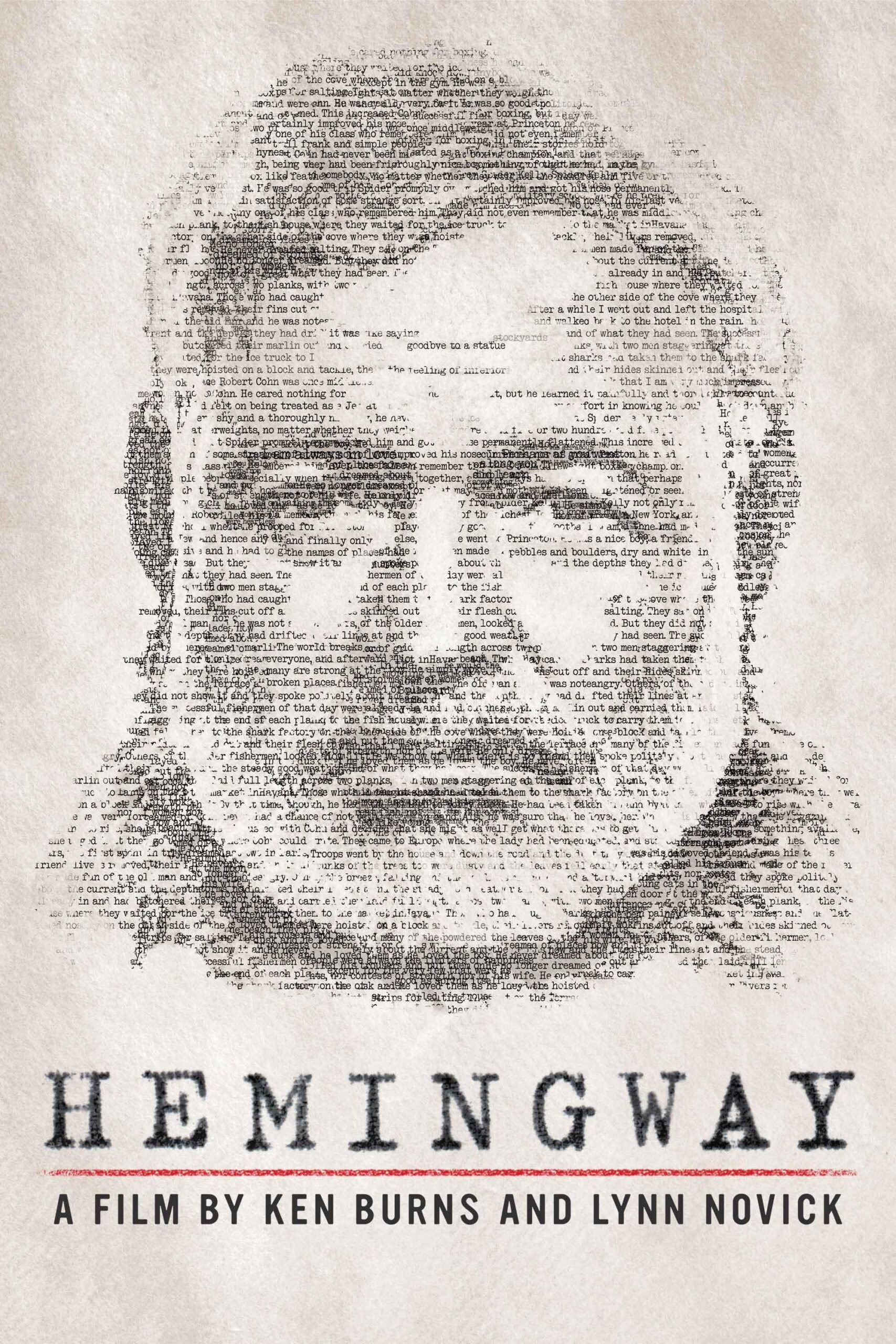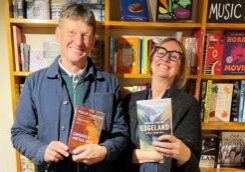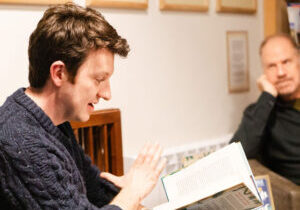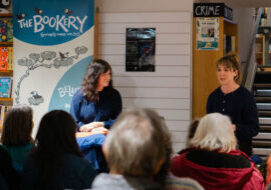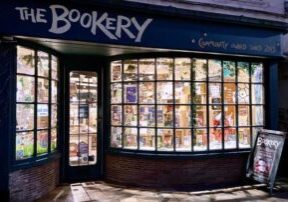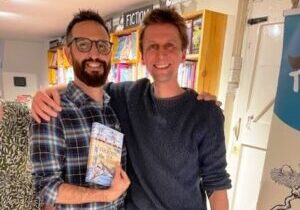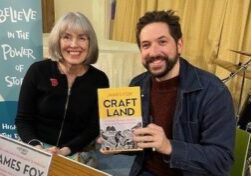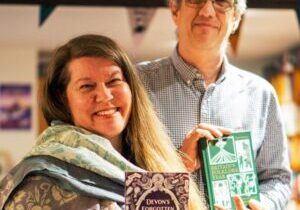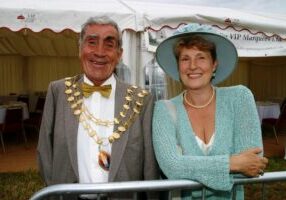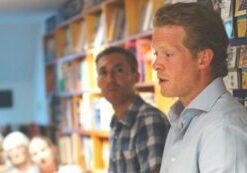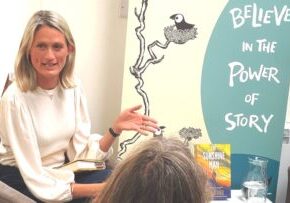Ernest Hemingway was one of the most important and divisive literary figures of the twentieth century – ahead of a major TV documentary series on his life, Cliff looks at his works and influence:
Around fifteen years ago, I decided I would spend an entire month devoted to Ernest Hemingway. I’ve always enjoyed setting myself peculiar goals, and this was borne out of the fact that, apart from reading The Sun Also Rises as a precocious teenager, I hadn’t really read his stuff at all. Therefore I pledged to read as much of his work as possible, and to eat and drink his favourite things as I did so. All month. Needless to say all that red meat and afternoon booze was not good for my constitution, but the books I discovered on that journey have stayed locked in my mind as examples of some of my favourite stories.
I was reminded of my foolish month with Papa Hemingway recently when I got to see the excellent 3 part Ken Burns PBS documentary Hemingway. Burns is an exquisite filmmaker and in about 6 hours shines a light on all the corners of the man – his genius, his influence on modern literature, his personal life, all wrapped up in the velvety narration of Peter Coyote and Jeff Daniels. The series also doesn’t shy away from confronting the unavoidable aspects of it’s subject – his treatment of women, his casual racism, and his tendency to ’embellish’ his own past history. Amongst this, authors I love such as Tobias Wolff, Mario Vargas Llosa and Edna O’Brien contribute observations and personal testimonials as to how he has influenced them, to give us a wider context to his standing with other writers. It’s a fascinating deconstruction of a ‘heavyweight’ author, and by the end of it I was struck by the patterns of success and failure, of triumph and self-sabotage which are often characteristic in these literary figures. My main takeaway really though was revisiting the books I’d read and loved, and the ones I hadn’t got to yet.
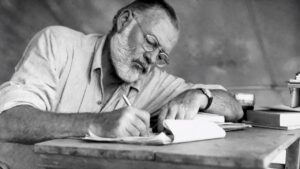
For me, his best work lies in the short stories of The Snows Of Kilimanjaro. Many of them semi-autobiographical, they contain a fragility and downbeat melancholy which is very readable. The Old Man And The Sea was written right near the end of his life, when he had been discarded by many of the contemporaries who lauded him. After it was released, Hemingway won both the Pulitzer Prize and the Nobel Prize. It’s a brief novel, contemplative and gentle, but an incredibly powerful look at regret and fulfilment. My final recommendation is some of his non-fiction writing, and a guilty indulgence. Titled A Moveable Feast, Hemingway gossips his way through his Paris years as a journalist. There’s name-dropping and indiscretions, and some lurid details on the ‘lost generation’ of artists and writers in the 1920s. Published posthumously by his widow, it does a fine job of building up a vivid background to undeniably one of the most influential writers in the twentieth century.
The PBS Hemingway documentary series will be shown on BBC later this year.
June 16, 2021
Blog > Features > A Long Look At Hemingway

